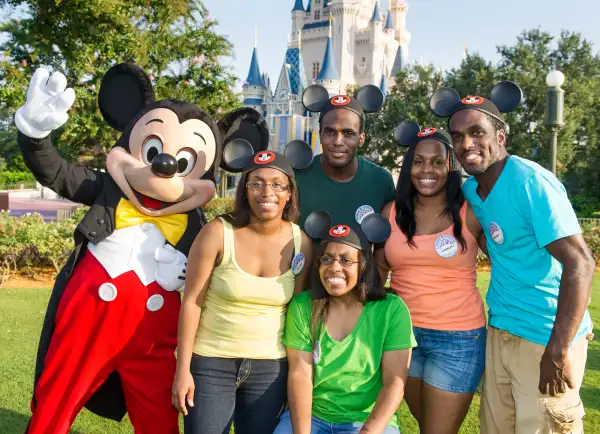Forget About Saving. Just Go on Vacation.

More people plan for their next vacation than plan for their retirement, new research shows. This won’t shock anyone who has followed the retirement savings crisis in America—or scraped together $12,000 for a family trip to Disney World. What’s striking, though, is how totally upside down our thinking is on this issue.
The amount of time we spend thinking about retirement increases with age across every cohort, the financial services firm Edward Jones found. That makes sense until you think about it. By the time you are in your 60s it may be too late to make much of a difference in your nest egg. A little more thinking in your 30s would go a long way.
Yet Jones found that time spent thinking ahead about retirement rises dramatically with age. Among those 18 to 34, only 9% say retirement planning is top of mind. The share rises to 31% among those 35 to 44, to 37% among those 45 to 54, and to 40% among those 55 to 64. Overall, Jones found that 28% of Americans have the next vacation top of mind while 25% have retirement planning and 22% have paying for college top of mind.
Once upon a time, retirement planning could wait. More workers had pensions and retiree health benefits. Planning was more about when to take Social Security, who to designate as beneficiaries, and how to trigger pension payments. Today, if you don’t start thinking about retirement before 55 you are either wealthy or out of luck. Yes, important adjustments can be made at any age—like taking advantage of catch-up tax-deferred savings rules, working longer and delaying Social Security benefits. But the real juice is in saving early and often.
Compound growth for an extra 20 years, or even just 10, can more than double your savings over 35 years. Investing $2,000 a month and earning an 8% return would provide $399,082 over 35 years, according to data from T. Rowe Price. Savings after 25 years would total $165,457; over 15 years, just $60,203.
So when only 9% of young adults say that retirement planning is top of mind, it means that 91% are at extra risk of falling short in the long term—and doomed to think about retirement finances much more often when there is much less they can do about it.
